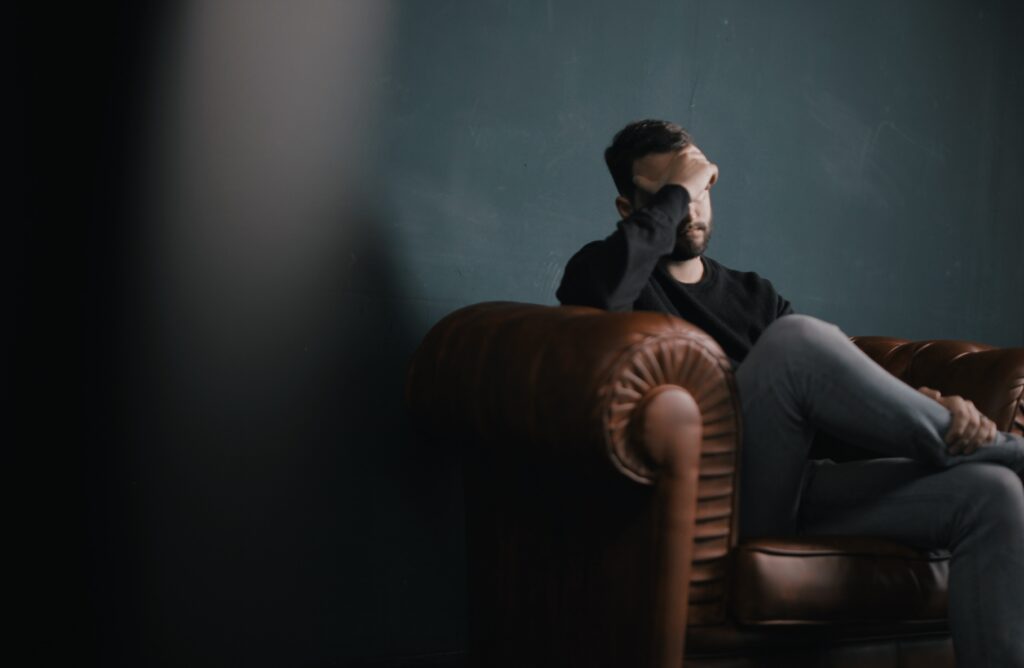
What Is Anxiety?
Anxiety is a feeling of apprehension, worry, or fear, and is the body’s natural way of responding to stress. It’s normal to feel anxious sometimes, for example on the first day of school or a new job, but extreme or prolonged feelings of anxiety may indicate an anxiety disorder.
Anxiety Disorders:
While anxiety may sometimes be beneficial and help motivate you to work harder at something and achieve more, an anxiety disorder can be painful and debilitating. Anxiety disorders may involve a constant or intense fear and may disrupt your day-to-day life. Anxiety disorders can affect people at any age and are the most common type of emotional disorder.
Types of Anxiety Disorders:
Anxiety plays a part in many disorders, such as phobias, social anxiety disorder, panic disorder, obsessive-compulsive disorder, post-traumatic stress disorder, and illness anxiety disorder. A phobia is when you experience excessive fear of a specific object or situation. An extreme fear of being judged by other people in a social situation is called a social anxiety disorder. A panic disorder is when you experience repeated panic attacks, which can occur at unexpected moments. Performing specific behaviors repeatedly due to recurring irrational thoughts is called obsessive-compulsive disorder. Post-traumatic stress disorder (PTSD) is an anxiety disorder that occurs after a traumatic event takes place. Having irrational anxiety about your health is called illness anxiety disorder. These disorders all include aspects of anxiety, which may be experienced in different ways.
Symptoms of Anxiety:
Anxiety can include many different symptoms. One person may experience symptoms that are completely different from another person’s symptoms. Key physical symptoms of anxiety may include rapid breathing, increased heart rate, “butterflies” or an unsettled stomach, restlessness, difficulty concentrating, and finding it hard to fall asleep. Anxiety can also manifest itself as a general feeling of worry or fear, or a more specific of a particular event or situation. A person experiencing anxiety may also feel out of control and may notice a feeling of disconnection between the mind and body. Painful thoughts, memories, and nightmares may also play a key part in an anxiety disorder.
Anxiety Attacks:
Anxiety attacks differ from panic attacks, because anxiety attacks tend to build up slowly over time, and usually involve moderate symptoms, while panic attacks can come on suddenly and unexpectedly, and often involve severe and disruptive symptoms. The symptoms of an anxiety attack can be different for different people and can change over time. These may include shortness of breath, dry mouth, dizziness, restlessness, fear, apprehension, chills or hot flashes, sweating, and numbness or tingling.
How Can Chinese Medicine Help?
Traditional Chinese Medicine can help to heal the body, mind, and emotions, by bringing the body back into alignment. All the organs of the body are fundamentally connected in Chinese Medicine, so when there is a weakness or imbalance in one organ, this affects the other organs and ultimately the overall health of the person. Not only are the organs related to each other, but imbalances in these organs can also impact emotional health. For example, when the spleen and stomach are out of balance, you may experience various physical symptoms like acid reflux, burping, and sore muscles, but you may also observe a feeling of anxiety on the emotional side. By analyzing your symptoms, a Chinese Medicine practitioner can understand the cause of your health problems and can help boost the weaker organs to bring your body back into balance. This can be achieved through techniques like acupuncture and Chinese herbs and may reduce and even solve problems like anxiety.
References:
Holland, K. (2020, September 3). Everything You Need to Know About Anxiety. Healthline. https://www.healthline.com/health/anxiety
If you have any health issues that require attention, Honor Wellness is open seven days a week. Call 604.428.9946 to book an appointment or email us at [email protected]
